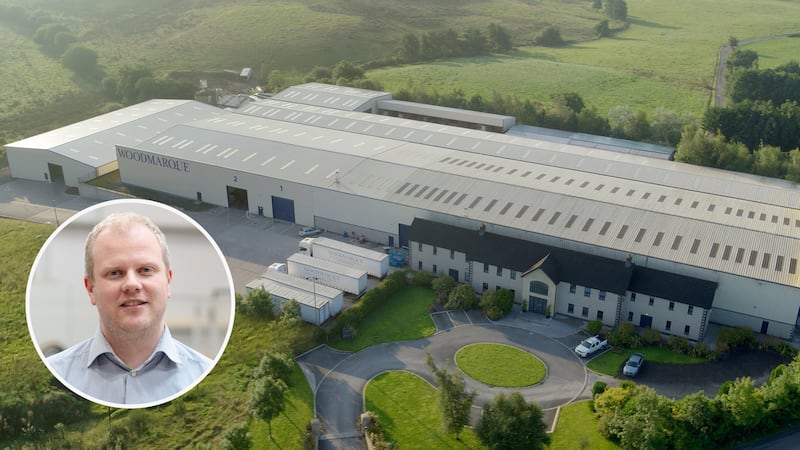THE north's biggest locally-owned food retailer and wholesaler Henderson Group says it is preparing for the "nightmare scenario" of some key everyday products not making its shelves in January because of Brexit.
And despite being widely tipped to be the next company in Northern Ireland to smash through the billion pound sales barrier, it warns that trading this current year will be flat at best, and it is unlikely to reach that milestone.
Latest financial results reveal that the family-owned Mallusk company had a turnover of £918.1 million in 2019, which is up 7.6 per cent on the previous year and was driven by a strong performance in grocery sales. Its operating profit also rose to £34.2 million.
But this year has seen the group take a massive hit in its foodservice wing, which supplies into the catering industry including pubs, restaurants, hotels and schools across Ireland, which have been closed for many months due to Covid restrictions.
That led to the group making more than 100 redundancies and it streamlining and centralising its foodservice operations.
And the spectre of Brexit is an added complication for Henderson, with many outstanding issues still affecting food suppliers in Britain, including the labelling and rules applying to food with ingredients from outside the EU.
Patrick Doody, sales and marketing director at Henderson Group, told the Irish News: “We are cautiously optimistic as we negotiate Covid and Brexit, but it is absolutely imperative we avoid a no-deal Brexit and the ensuing disruption to the supply chain and potential increase in food prices due to new tariffs.”
He added: “We remain committed to sourcing local fresh foods from farmers, growers and suppliers, and indeed around 75 per cent of our fresh products are sourced on the island of Ireland.
“But we're acutely aware that fresh food coming into the region from Great Britain will be subjected to checks including customs declarations, and we worry that bureaucratic costs may be added to food imports.
“We simply can't have consignments of food sitting in a lorry at Stranraer. In that situation, who will be responsible for any losses?
“With just over 40 days until the new regulations kick in, we're still working on the basis that there will be a deal.
“But continuity of supply is a huge concern for us, which is why we're making as much noise as we can through our representations with the likes of Retail NI, the NI Retail Consortium and the CBI.”
Those worrying forward-looking scenarios have taken some of the shine off what was an otherwise exceptional 2019 performance by the group.
It operates 96 company-owned stores and services more than 400 other outlets run by independent retailers under the Spar, EuroSpar and Vivo brands.
Mr Doody added: “These results are reflective of our continued investment and ambition to make our brands stand out in a competitive market, implement our ‘famous for fresh’ strategy by engaging with local farmers, producers and growers, and to communicate that effectively to our shoppers with our marketing tactics.”
The group's chief financial officer Ron Whitten says the 2019 figures represent the end of a three year strategic plan which has brought benefits to every area of the business.
“Since 2017, we have focused on delivering excellence in customer service, investing in our people, developing our information systems, maximising our operational efficiency, enhancing our fresh food ranges and improving our in-store proposition.”
He added: “We have had a challenging trading year in 2020, with our Foodservice company having to make redundancies due to the effect of the pandemic, alongside a negative impact on fuel sales, as a result of fewer cars on the road due to lockdowns and restrictions.
“But shoppers have appreciated the measures taken to provide a safe shopping experience which has been witnessed in increased basket spend and overall growth in retail grocery sales, offsetting the foodservice and fuel declines.”
According to Henderson Group's accounts, it added more than 100 staff during the year, taking its payroll to a total of 3,872 and pushing up its annual wages bill to a whopping £84.6 million.






